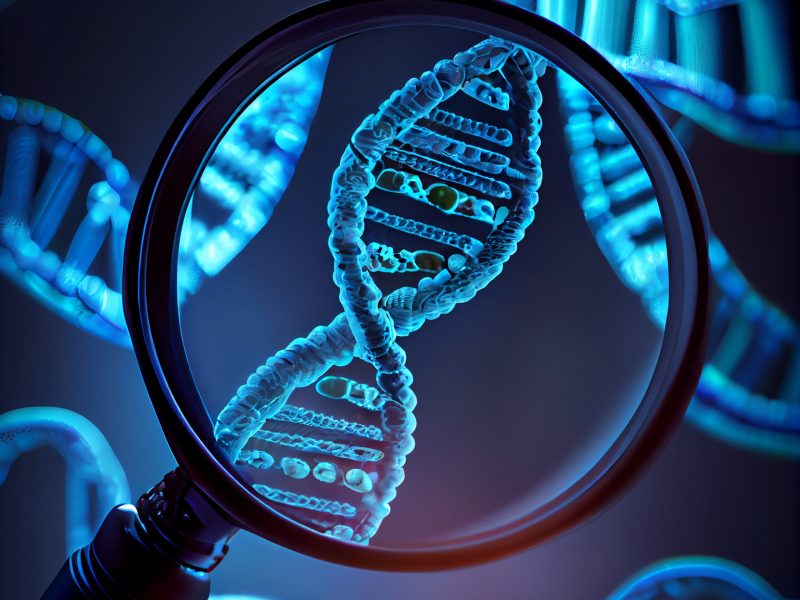
Life Science Trends Shaping the Landscape in 2023
The life science industry, a dynamic realm at the intersection of science, technology, and healthcare, is experiencing a wave of transformative trends that are reshaping the way we approach medical research, patient care, and disease prevention. As we step into 2023, several prominent trends are poised to drive innovation, collaboration, and improved outcomes across the sector.
- Precision Medicine Advancements: Precision medicine continues to gain traction, with the integration of genomics, proteomics, and advanced diagnostics becoming more sophisticated. Tailoring treatments based on an individual’s genetic makeup, lifestyle, and environment is becoming a standard practice. The convergence of AI and big data analytics is enabling the identification of personalized therapeutic options, revolutionizing patient care.
- Gene Editing Breakthroughs: CRISPR-Cas9 and other gene-editing technologies are pushing the boundaries of medical possibilities. Researchers are making strides in correcting genetic mutations responsible for hereditary diseases. As these techniques become more refined, the potential for developing precise treatments and even cures for previously incurable conditions is growing.
- AI and Machine Learning Revolution: Artificial Intelligence (AI) and Machine Learning (ML) are no longer buzzwords but integral tools for accelerating drug discovery, analyzing medical data, and predicting disease patterns. AI algorithms are decoding complex biological processes, aiding in drug design, and enhancing diagnostic accuracy. These technologies are poised to redefine research methodologies and reshape clinical practices.
- Telemedicine Evolution: The global pandemic accelerated the adoption of telemedicine, forever changing the doctor-patient relationship. In 2023, telemedicine is evolving further with advanced remote monitoring, virtual consultations, and wearable health tech. Telemedicine not only enhances patient access to care but also optimizes healthcare resource allocation.
- Biomarkers and Disease Detection: The identification of reliable biomarkers is gaining momentum as a crucial aspect of disease detection, monitoring, and treatment. Biomarkers provide insights into disease progression, treatment responses, and patient outcomes. Their utilization in early disease detection and personalized therapy is driving a paradigm shift in healthcare strategies.
- Virtual Clinical Trials: Virtual and decentralized clinical trials are emerging as an innovative approach to enhance patient participation and improve trial efficiency. Leveraging digital tools, wearable devices, and remote monitoring, virtual trials reduce geographical barriers, accelerate data collection, and enhance patient engagement.
- Regenerative Medicine Advancements: The field of regenerative medicine is witnessing remarkable breakthroughs, particularly in stem cell therapy and tissue engineering. These approaches hold the potential to regenerate damaged tissues and organs, offering hope for treating conditions that were once considered incurable.
- Drug Repurposing and AI in Drug Discovery: With the aid of AI, drug repurposing—finding new uses for existing drugs—is gaining traction. This approach significantly accelerates drug development timelines by capitalizing on existing safety and efficacy data. AI-driven drug discovery platforms are identifying novel drug candidates with higher efficiency and accuracy.
- Health Data Privacy and Ethics: As the volume of health data continues to grow, concerns about data privacy, security, and ethical considerations are coming to the forefront. Striking a balance between data utilization for research and protecting individual privacy is a critical challenge that the industry must address.
- Sustainability and Biotechnology: The life science sector is embracing sustainable practices with a focus on reducing environmental impact. Biotechnology is playing a pivotal role in developing eco-friendly alternatives, such as bio-based materials, sustainable agriculture practices, and cleaner bioprocessing methods.
In conclusion, the life science landscape of 2023 is a convergence of technological advancements, innovative research, and a commitment to improving global health outcomes. The trends shaping this year signify a transformative era characterized by precision medicine breakthroughs, AI-driven discoveries, and a patient-centric approach. As researchers, practitioners, and stakeholders collaborate across disciplines, the future of life sciences holds the promise of groundbreaking achievements that will impact the well-being of individuals and society.
